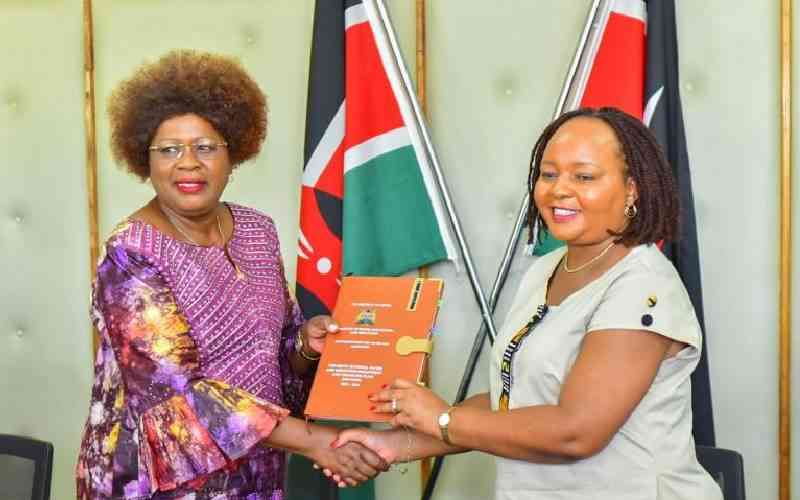×
The Standard e-Paper
Kenya’s Boldest Voice

Whatever happened to the progressive Constitution that was to be the panacea for all the country's ills? Decades of struggle and debate gave birth to the 2010 Katiba, but was it a stillbirth?
Has the Constitution failed Kenyans or have Kenyans failed the Constitution? Have the public and the three arms of government let their guard down, relaxed and settled for half measures in its implementation?







